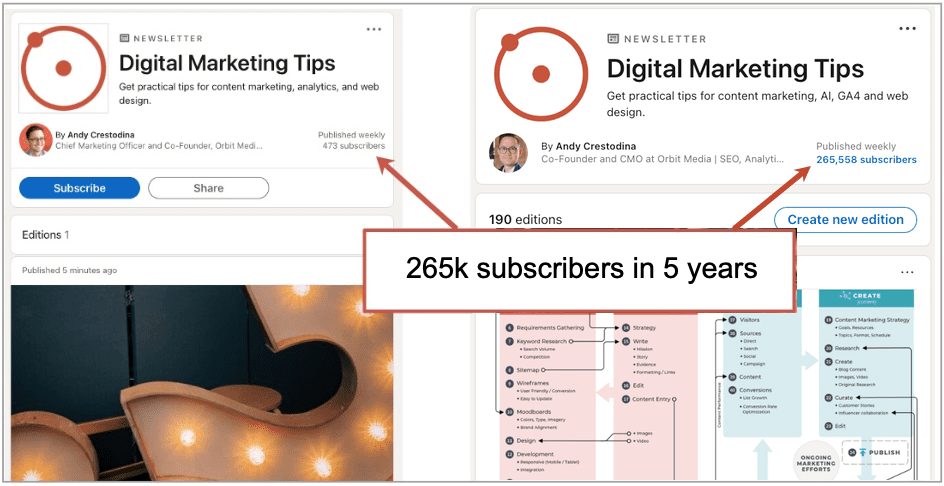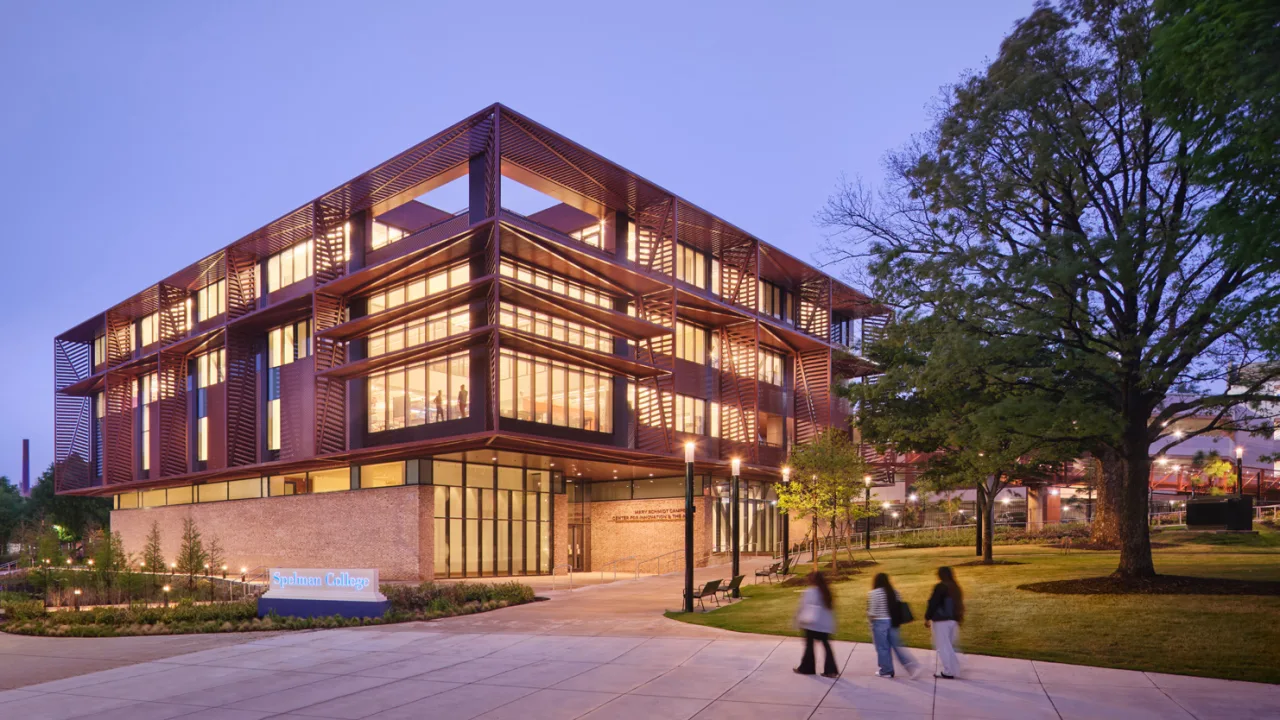3 ways philanthropic organizations can help build trust
The Fast Company Impact Council is an invitation-only membership community of leaders, experts, executives, and entrepreneurs who share their insights with our audience. Members pay annual dues for access to peer learning, thought leadership opportunities, events and more. Leaders at the McKnight Foundation, the Freedom Foundation, and the John D. and Catherine T. MacArthur Foundation released an open letter in early April calling on the philanthropy community to stand in solidarity with each other and resist the onslaught of executive orders, funding freezes, and investigations that threaten to hobble the independence of the nonprofit sector and reduce trust in charitable institutions. Living Cities, the organization I lead, readily signed on to this pledge of solidarity, along with hundreds of others. I applaud the philanthropic sector for standing up and standing together on this important issue. But if we are to fully rebuild trust among the American people, we must go beyond solidarity calls and begin to lead the charge against the anti-establishment and anti-knowledge crusade that is attacking civic leaders, institutions, and community groups that are seeking to create an economy for all. This requires the philanthropic sector to do three things. 1. Create Inclusive Growth Our country cannot thrive if everyone does not participate in our collective economic growth. Currently, we have too many working people who feel shut out from our economy. They feel like the system is rigged against them. This has led to a groundswell of support for indiscriminate, anti-establishment efforts. We need to counter the narrative that institutions do not support the working people while also acknowledging that there are many reasons why the system is, in fact, rigged against them. We see that in many cases, race and risk are conflated and people of color have difficulty accessing the same opportunities as others. We see that geography is destiny, and the class you are born into determines your future outcomes more than anything else in your life. This is not the America we were promised, and we—as philanthropic institutions— must work to elevate the opportunity of inclusive growth. 2. Counter the Zero-Sum Narrative Many of our leaders—political, business, and otherwise—operate as if we exist within a zero-sum game: What’s good for some is bad for others. This is decidedly untrue. We see that equity remains a superior growth model. Investing in one part of a community—particularly parts of communities that are the most marginalized—benefits the whole. Equitable community reinvestment and economic development not only benefit the neighborhoods where those developments occur, but the entirety of the community through better jobs and increased dollars flowing through neighborhoods. Instead of thinking about how much smaller to slice up the pie, we need to focus on how to grow the pie for all to benefit. 3. Refuse to Back Down Now is not the time to back off. The statement of solidarity is a good first step, but it is not the end. We must find strength in this solidarity to be bold in our pronouncements and push forward on what we know this country needs. No matter how we label our economic opportunity efforts and investments, we must link them, foster connection between grantees, and show, to all parties, that shared prosperity is in the country’s best interest. There are certainly threats to this shared prosperity right now. I do not want to pretend there are not. Those of us speaking out on behalf of this goal may face threats or challenges. But because we stand together, and we know the value of shared prosperity, we can deliver the results all people in this country deserve and restore faith in the philanthropic sector. Joe Scantlebury is CEO of Living Cities.

The Fast Company Impact Council is an invitation-only membership community of leaders, experts, executives, and entrepreneurs who share their insights with our audience. Members pay annual dues for access to peer learning, thought leadership opportunities, events and more.
Leaders at the McKnight Foundation, the Freedom Foundation, and the John D. and Catherine T. MacArthur Foundation released an open letter in early April calling on the philanthropy community to stand in solidarity with each other and resist the onslaught of executive orders, funding freezes, and investigations that threaten to hobble the independence of the nonprofit sector and reduce trust in charitable institutions.
Living Cities, the organization I lead, readily signed on to this pledge of solidarity, along with hundreds of others.
I applaud the philanthropic sector for standing up and standing together on this important issue. But if we are to fully rebuild trust among the American people, we must go beyond solidarity calls and begin to lead the charge against the anti-establishment and anti-knowledge crusade that is attacking civic leaders, institutions, and community groups that are seeking to create an economy for all. This requires the philanthropic sector to do three things.
1. Create Inclusive Growth
Our country cannot thrive if everyone does not participate in our collective economic growth. Currently, we have too many working people who feel shut out from our economy. They feel like the system is rigged against them. This has led to a groundswell of support for indiscriminate, anti-establishment efforts.
We need to counter the narrative that institutions do not support the working people while also acknowledging that there are many reasons why the system is, in fact, rigged against them. We see that in many cases, race and risk are conflated and people of color have difficulty accessing the same opportunities as others. We see that geography is destiny, and the class you are born into determines your future outcomes more than anything else in your life. This is not the America we were promised, and we—as philanthropic institutions— must work to elevate the opportunity of inclusive growth.
2. Counter the Zero-Sum Narrative
Many of our leaders—political, business, and otherwise—operate as if we exist within a zero-sum game: What’s good for some is bad for others.
This is decidedly untrue. We see that equity remains a superior growth model. Investing in one part of a community—particularly parts of communities that are the most marginalized—benefits the whole. Equitable community reinvestment and economic development not only benefit the neighborhoods where those developments occur, but the entirety of the community through better jobs and increased dollars flowing through neighborhoods.
Instead of thinking about how much smaller to slice up the pie, we need to focus on how to grow the pie for all to benefit.
3. Refuse to Back Down
Now is not the time to back off. The statement of solidarity is a good first step, but it is not the end. We must find strength in this solidarity to be bold in our pronouncements and push forward on what we know this country needs. No matter how we label our economic opportunity efforts and investments, we must link them, foster connection between grantees, and show, to all parties, that shared prosperity is in the country’s best interest.
There are certainly threats to this shared prosperity right now. I do not want to pretend there are not. Those of us speaking out on behalf of this goal may face threats or challenges. But because we stand together, and we know the value of shared prosperity, we can deliver the results all people in this country deserve and restore faith in the philanthropic sector.
Joe Scantlebury is CEO of Living Cities.













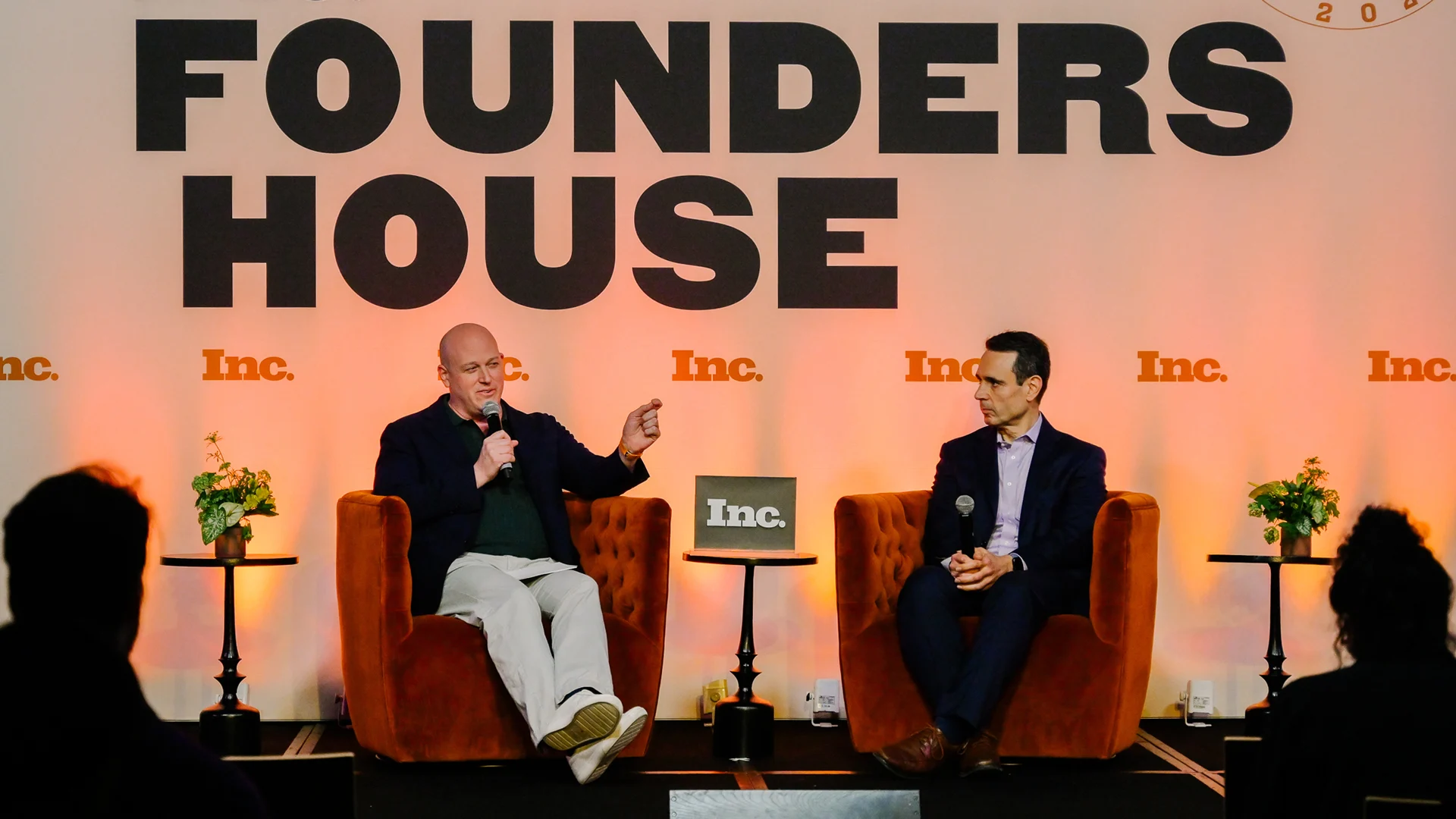
















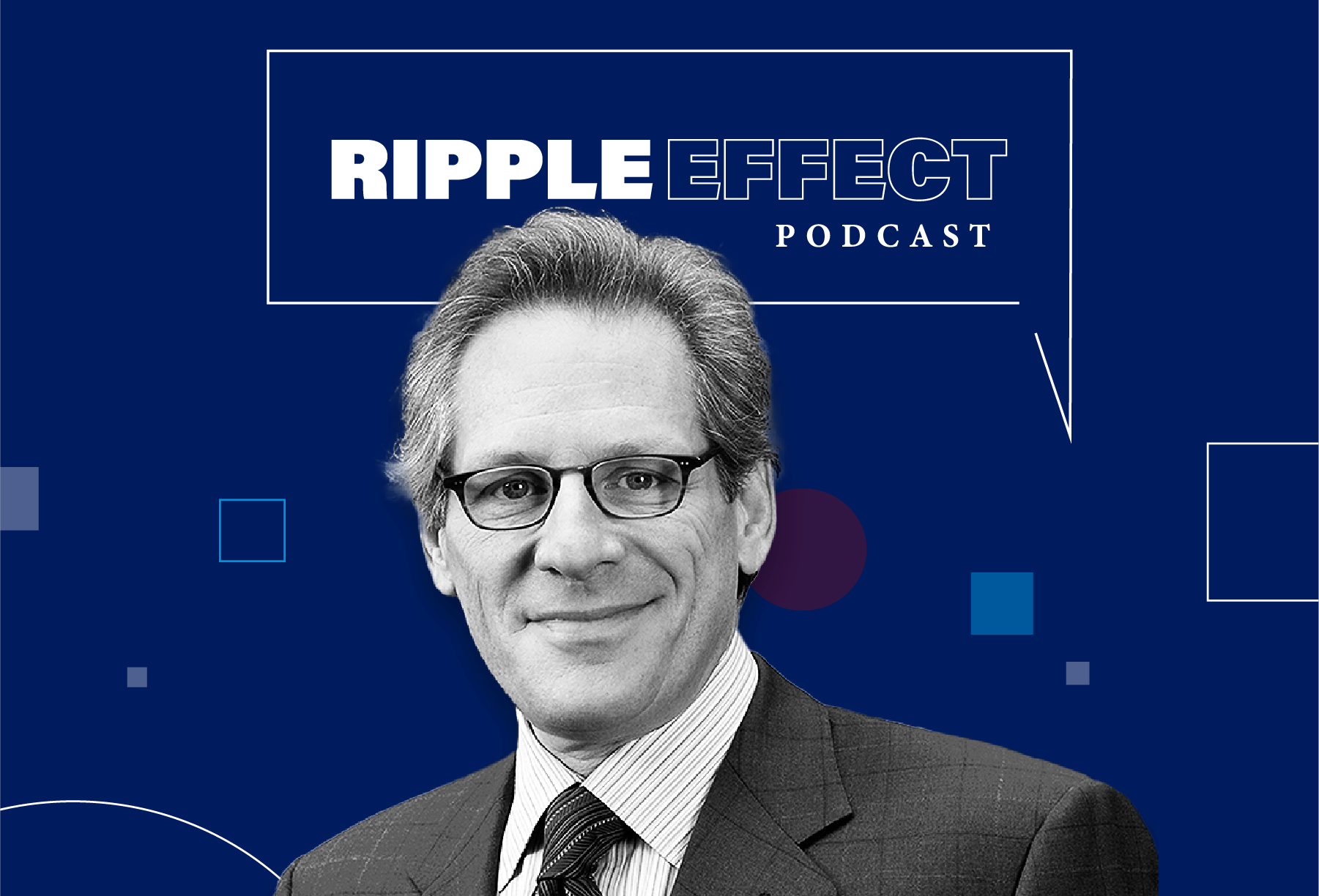











































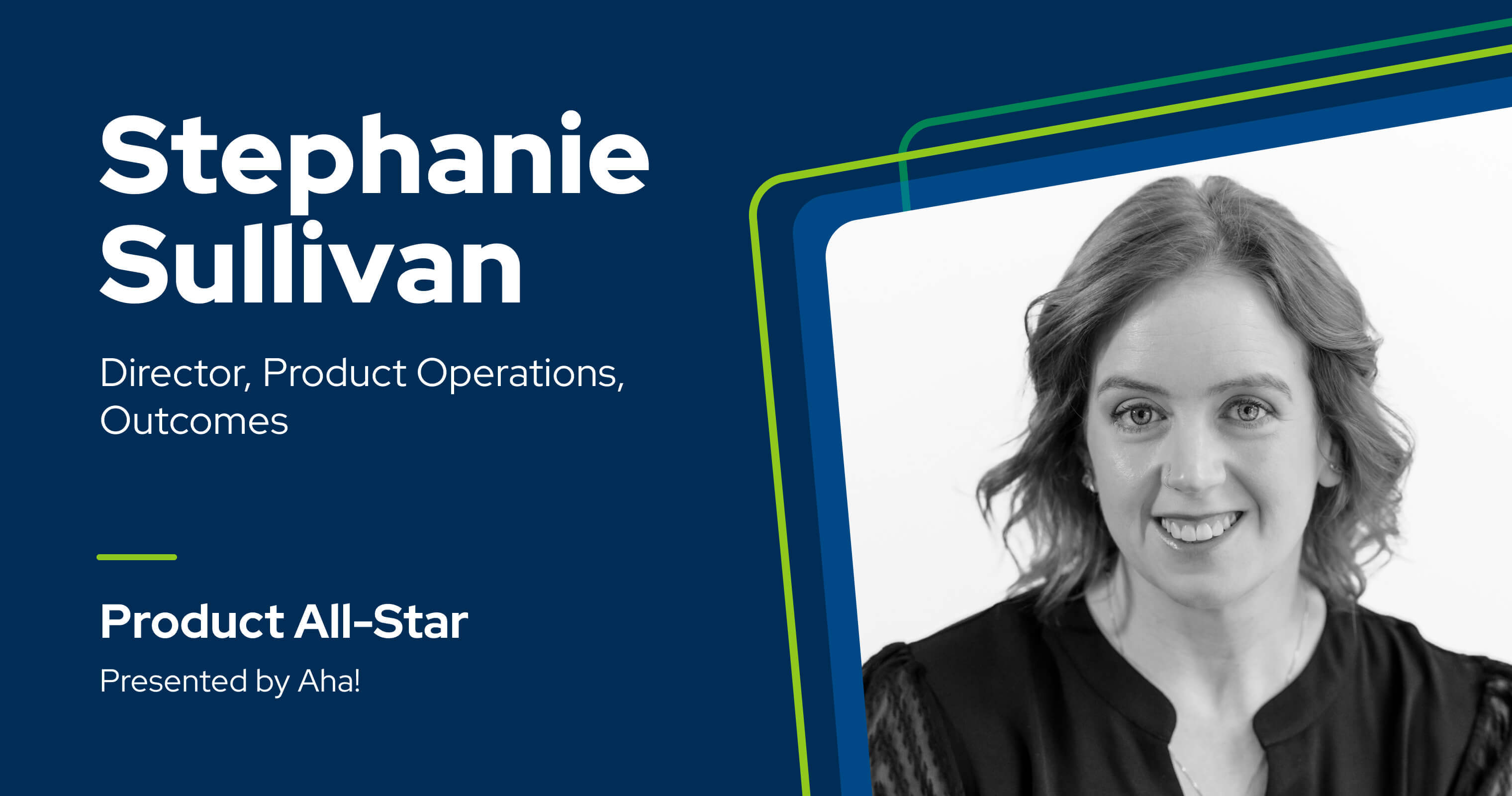









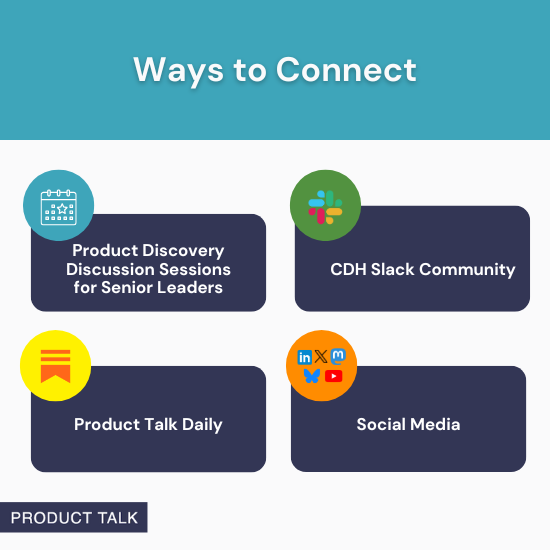













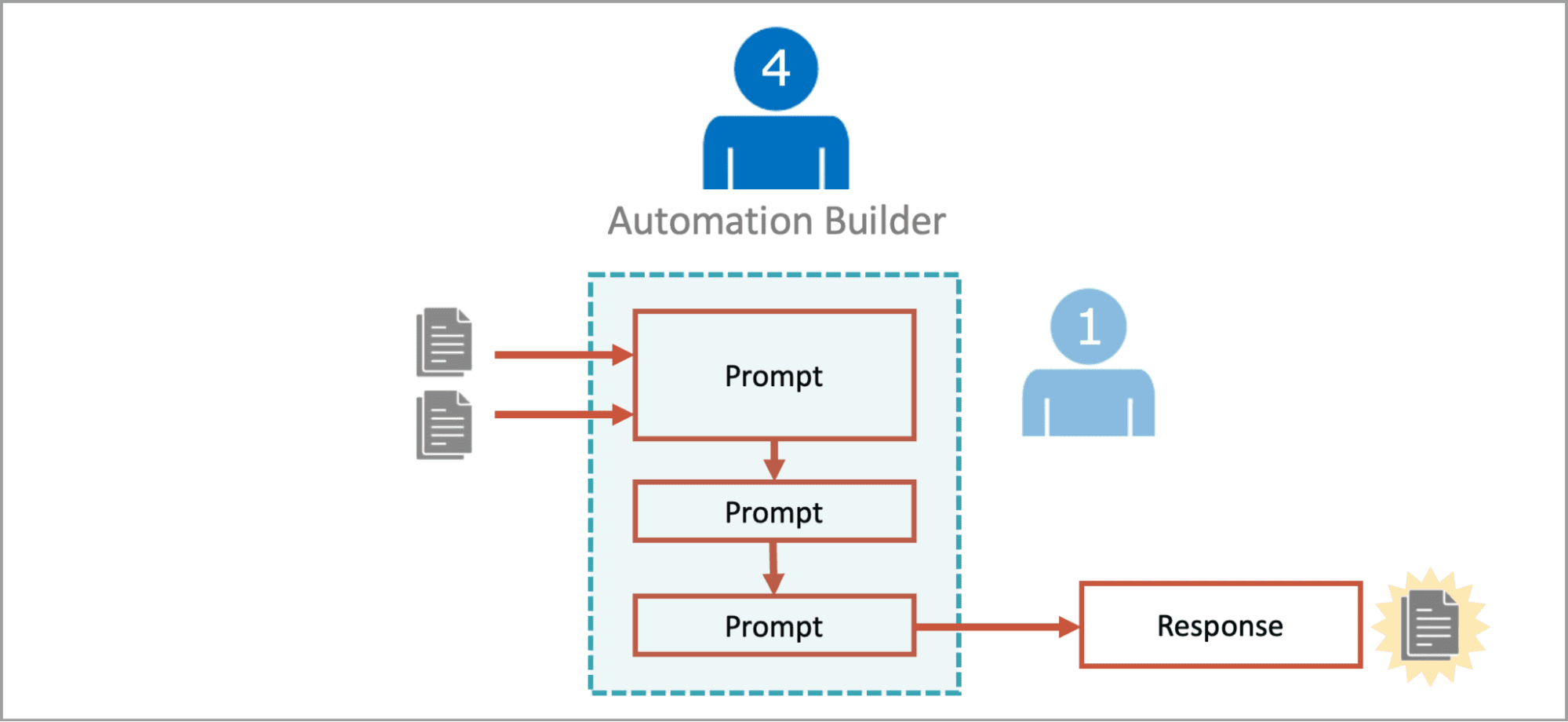





![Building A Digital PR Strategy: 10 Essential Steps for Beginners [With Examples]](https://buzzsumo.com/wp-content/uploads/2023/09/Building-A-Digital-PR-Strategy-10-Essential-Steps-for-Beginners-With-Examples-bblog-masthead.jpg)










